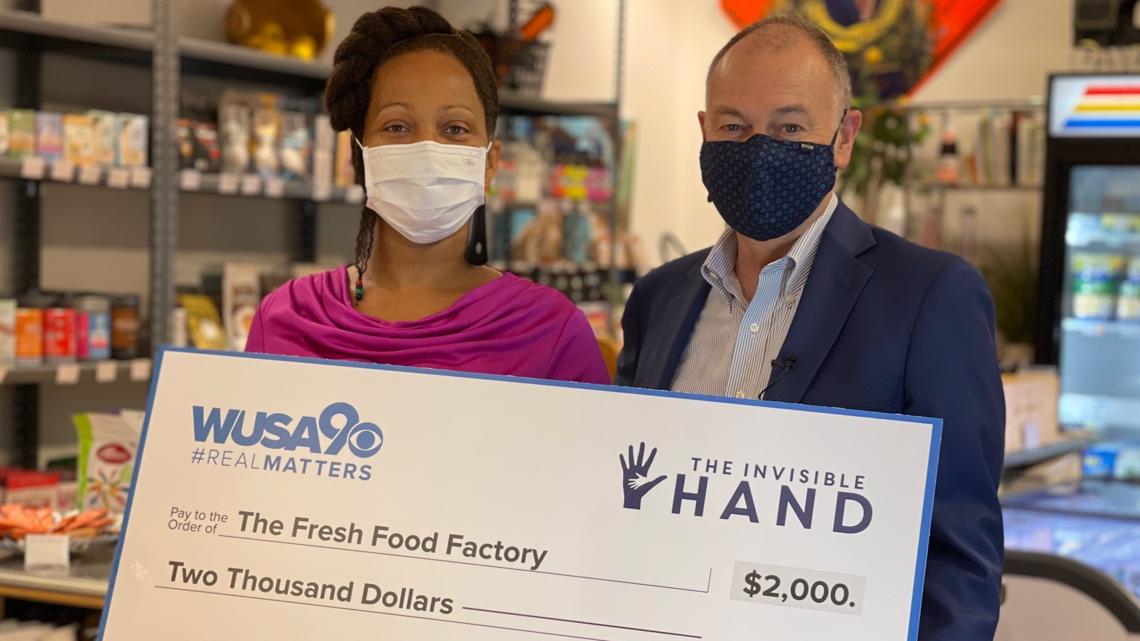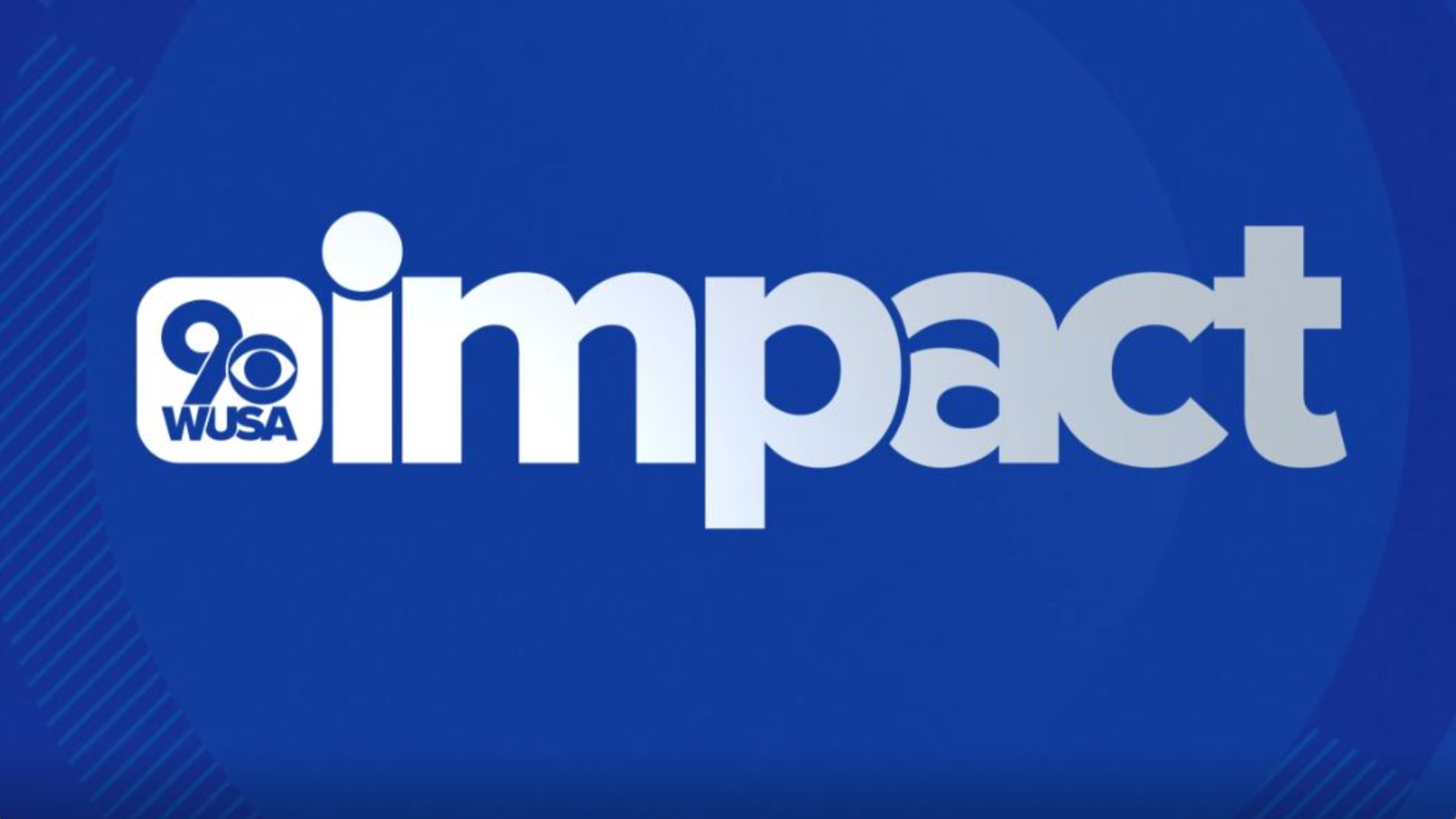WASHINGTON — Amanda Stephenson owns the Fresh Food Factory Market in the Anacostia Arts Center in Southeast, D.C. She and Lesli Foster met to talk about her business, her community and how she pivoted during the pandemic. It's all part of an effort to put a spotlight on locally-owned black and brown business owners.
"Is there art and life in this part of the city?" Foster asked.
"There's a lot of life in this part of the city," Stephenson replied. "And that's why I chose Anacostia."
Stephenson opened the Fresh Food Factory Market because she said she knows the importance of having healthy, ethnic foods that are accessible to this tight-knit community she calls home.
The Market carries locally produced minority-owned products and when the pandemic started to shut things down, this small business owner stopped taking a paycheck to make sure her small group of employees was taken care of.
"It has been a feat, it has been a challenge," Stephenson said. "Everybody understands now that food is essential prior to COVID has been a problem. Now they see food access and food security as a pandemic. I want our community to live longer, to be healthier. And that's first through food. Medicines are great, but food is medicine."
Her food journey began in her childhood when her father was diagnosed with cancer and was told he had months to live. She said his faith and fresh healthy foods extended his life for almost two decades.
"I wanted to be the change I wanted to see and create a better quality of life for residents east of the Anacostia River," Stephenson said.
Melissa Bradley is an entrepreneur expert with 1893 Ventures, a group that’s helped more than 10,000 entrepreneurs in D.C.
She said small businesses are the cornerstone of the communities. And that black and brown entrepreneurs, like Stephenson, means economic empowerment, but during this pandemic, their struggle has been amplified, especially in Anacostia because there are very few banking and lending opportunities.
"What can the community do to rally around the small businesses, in particular, black-owned, and women-owned businesses to lift them up at this time?" Foster asked.
"COVID has impacted everyone," Stephenson replied. "it disproportionately impacted those who already marginalized, we need to make a concerted effort to make sure that we can lift them up. We need to have more money literally be placed in those communities."
So, in the spirit of Impact, WUSA9 teamed up with The Invisible Hand Foundation. They bring together donors who believe in giving anonymously to lift up people and change lives in our community.
John Pierce, with The Invisible Hand Foundation, had a surprise for Stephenson.
"At The Invisible Hand, we help lift people over obstacles that are blocking a constructive path," Pierce said. "So we wanted to present a little something to you to help people that are that are blocked from getting healthy food."


"Thank you so much!" Stephenson said. "We could definitely do a whole lot more with this support and I thank you for being that invisible hand."

